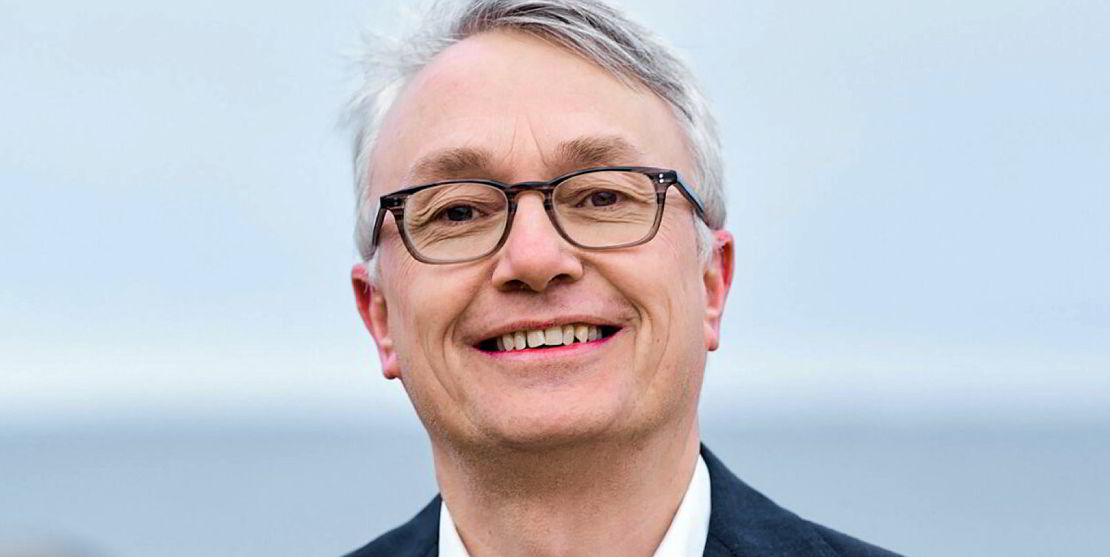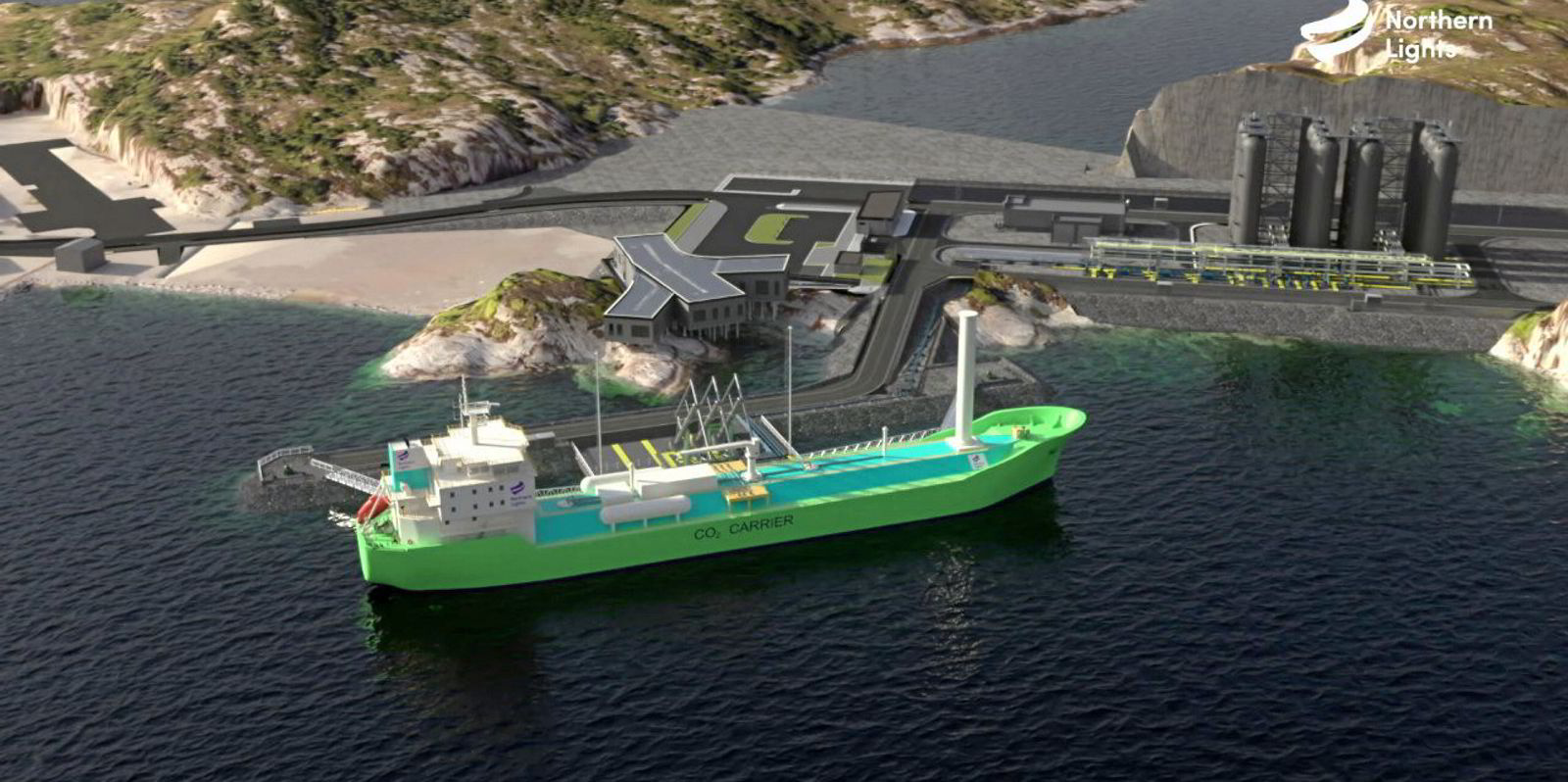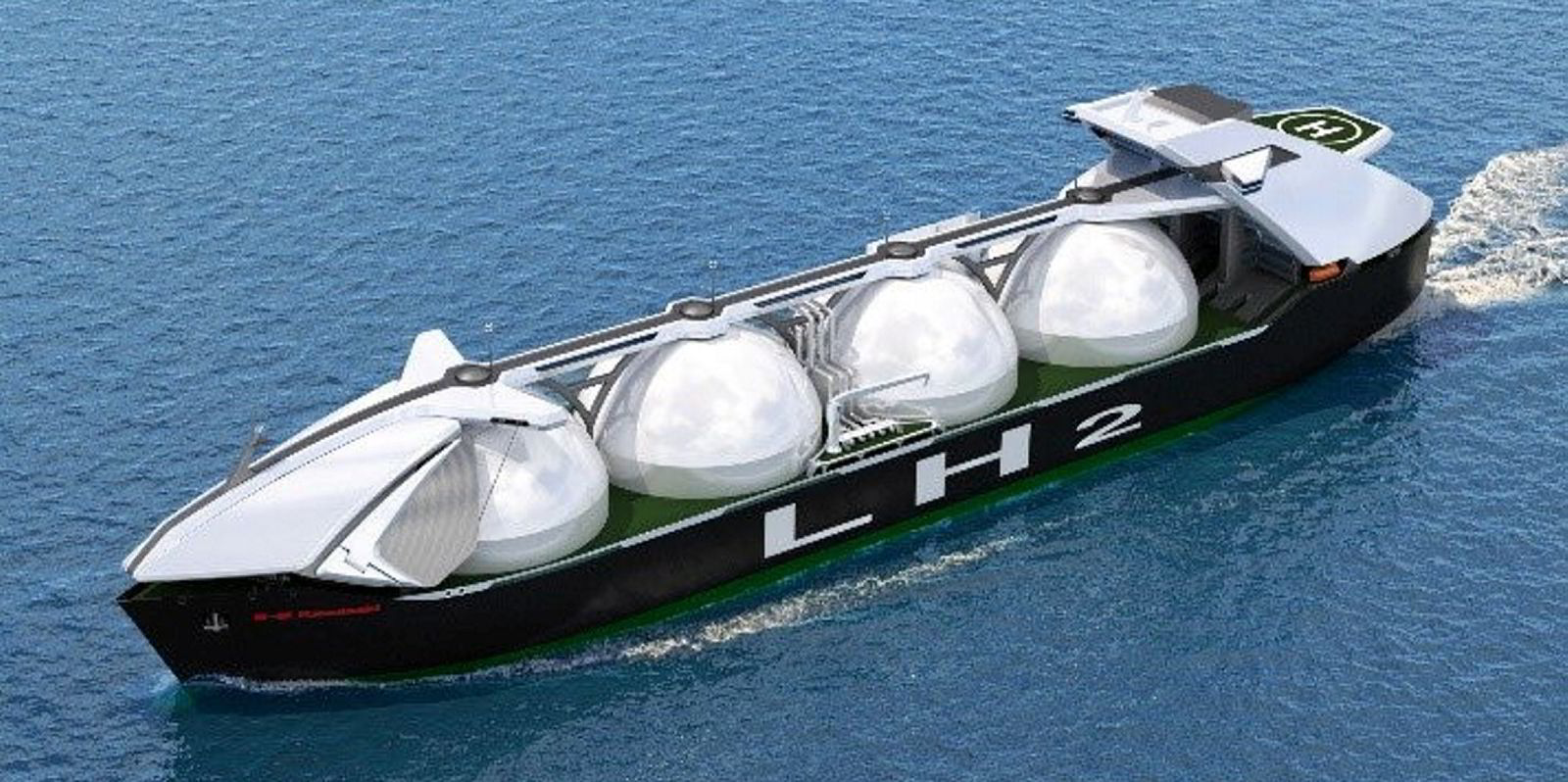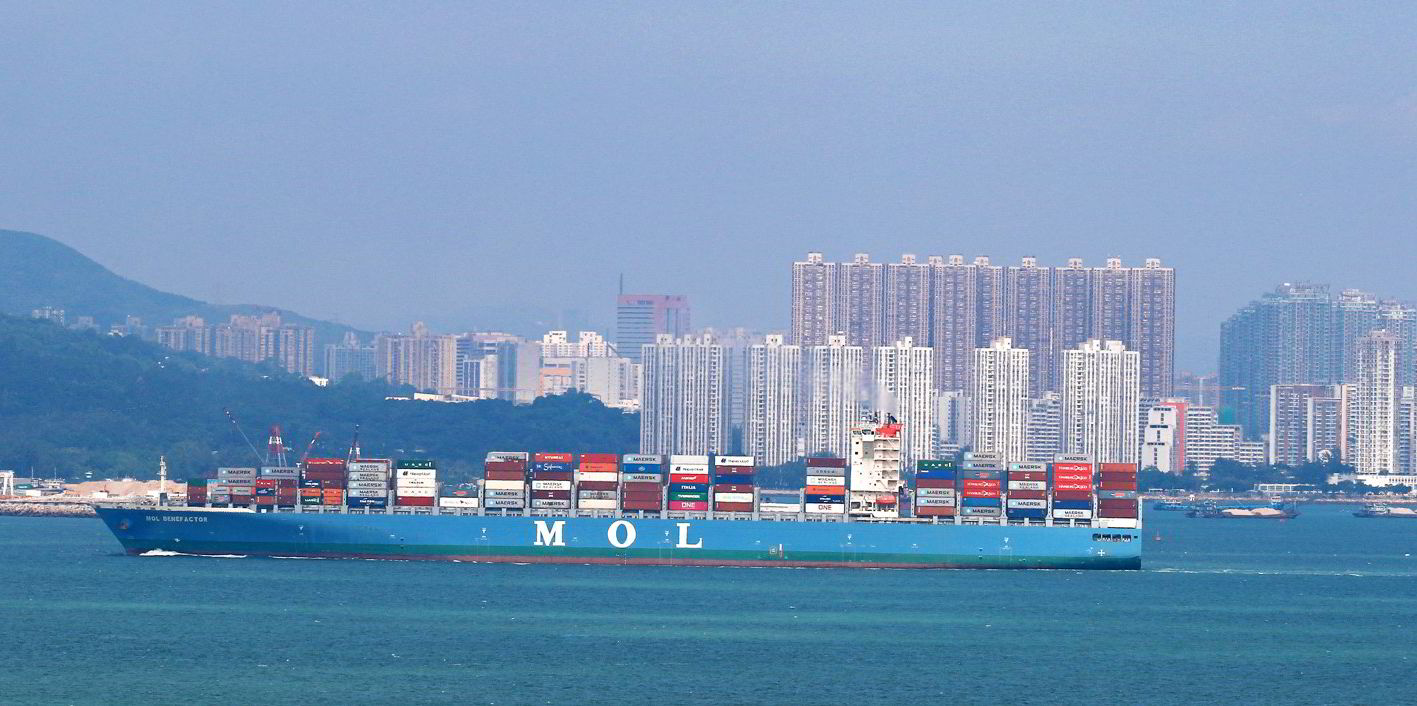A joint venture between energy giants Equinor, Shell and TotalEnergies has ordered CO2 carriers in China as part of a plan to build carbon storage infrastructure.
The venture, called Northern Lights, has contracted two 7,500-cbm ships with a length of 130 metres at Dalian Shipbuilding Industry Co (DSIC).
No price has been revealed, but the vessels will be delivered by mid-2024.
The carriers are designed to transport liquid CO2 with purpose-built pressurised cargo tanks.
Their primary fuel will be LNG, keeping emissions low, Northern Lights said.
Innovative technologies, such as a wind-assisted propulsion system and air lubrication, will be installed to reduce carbon intensity by around 34% compared with conventional systems.
The ships are the first of their kind and will potentially set a new standard for CO2 shipping on coastal trading routes, the companies believe.
"The award of these contracts is a significant milestone for Northern Lights," said managing director Borre Jacobsen.
"The use of ships will enable the development of a flexible and efficient European infrastructure network for transport of CO2 captured by our industrial customers, keeping costs as low as possible to help decarbonisation scale up."
The ships will be flagged in Norway and classed by DNV.
DSIC marketing director Riqiang Hu said: "As a shipyard since 1898, DSIC has always been innovative and designed and delivered many record-breaking projects.
Building a value chain

"Responding to the low-emission strategy, DSIC worked together with Northern Lights for the development of the selected technical solutions over the last two years. The cooperation and efforts by both parties has been materialised in the award of these contracts today."
The carriers will load captured and liquefied CO2 from European emitters and transport it to the Northern Lights receiving terminal in Oygarden, western Norway.
The CO2 volumes will be measured and reported throughout the value chain. These will be independently verified, and the necessary documentation provided to regulators and customs officials.
Through its cross-border CO2 transport and storage infrastructure, Northern Lights is enabling the first European full-scale carbon capture and storage value chain.
The CO2 will ultimately be transported by pipeline for permanent storage in a geological reservoir 2,600 metres under the seabed.
Operations are scheduled to start in 2024.
Northern Lights will, with support from the Norwegian authorities, establish infrastructure for storage of 1.5m tonnes of carbon per year in the Johansen formation south of the Troll oil and gas field in the North Sea.
In August, Mitsubishi Shipbuilding said it had started a feasibility study into the development of a liquefied carbon dioxide (LCO2) carrier in partnership with TotalEnergies.
The ship would transport LCO2 from the emission site to storage in projects to decarbonise the oil and gas industry.
Mitsui OSK Lines and K Line are also researching large-scale CO2 carriers.






